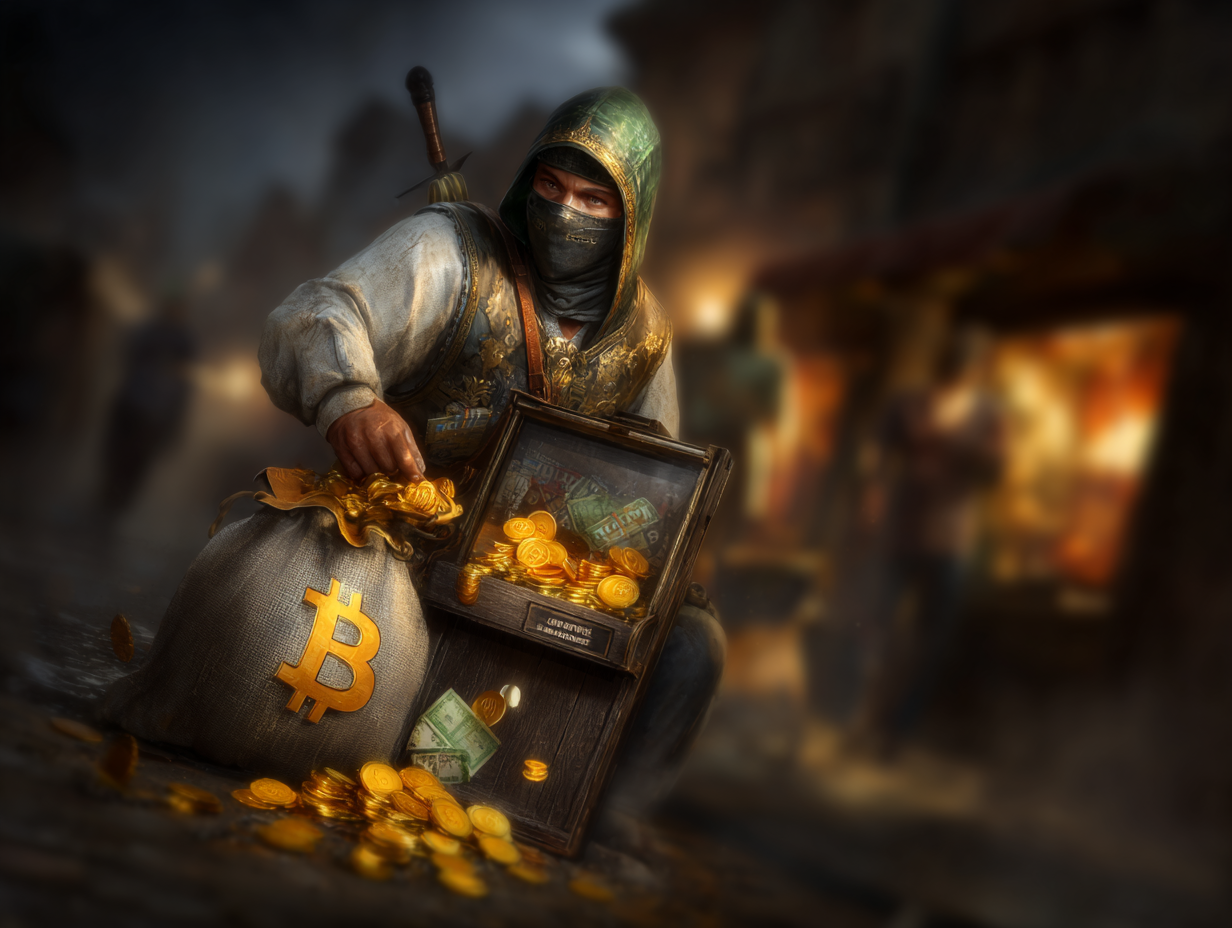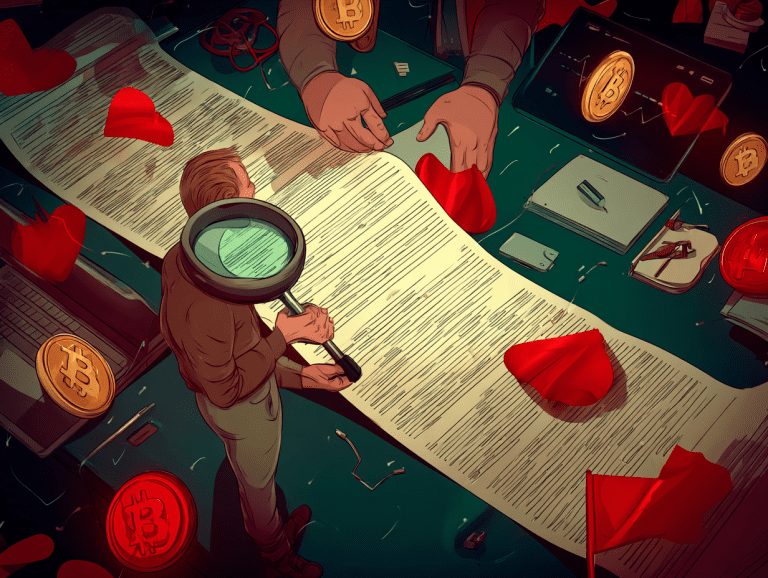The Hidden Dangers of VPN Gambling in 2025

Using a VPN might feel like a clever workaround when a crypto casino blocks your country. Many players assume it’s a harmless way to access platforms and bonuses that would otherwise be unavailable. The truth, however, is much more dangerous. The biggest risk isn’t legal trouble—it’s the casino itself.
This guide explains why VPN gambling is riskier than most players think, how casinos detect VPN use, and why your winnings can vanish the moment you try to cash out.
The Real Risk: Casinos, Not the Law
A common misconception is that gambling online from a restricted country could get you fined or even jailed. In reality, enforcement almost always targets the operators and payment processors, not individual players.
For example, in the United States, federal laws like the Wire Act and UIGEA focus on the business side of gambling, not casual players placing bets. The same is true in Europe, where regulators such as France’s ANJ go after unlicensed operators and payment flows rather than prosecuting users.
This is what creates the dangerous illusion of safety. Players think, “If the law won’t punish me, what’s the harm?” But that overlooks the far more immediate risk: the casino itself has written the rules in its Terms & Conditions, and breaking them gives it the right to seize your balance at any time.
How Casinos Use Terms of Service as a Weapon
When you register at an offshore crypto casino, you’re agreeing to a binding contract. Buried in that contract is almost always a clause that says:
- You may not play from prohibited countries.
- If you try to bypass restrictions (including using a VPN), your account may be frozen.
- The casino reserves the right to void winnings and confiscate your balance.
These aren’t idle threats. Operators like Cloudbet and FortuneJack all publish lists of banned jurisdictions. Their Terms & Conditions explicitly state that if you are caught using a VPN or registering from a prohibited country, they can shut your account and keep both deposits and winnings.
What makes this worse is that some casinos advertise themselves as “VPN-friendly” or “No-KYC.” Players interpret this as permission, only to find out later that the binding rules are in the T&Cs, not the marketing copy.
This trap usually springs when you try to withdraw. Casinos rarely block deposits. They’ll happily let you play, but the moment you request a payout, they may ask for KYC documents. If your ID shows you live in a banned region, they now have all the justification they need to confiscate your funds.
The Digital Dragnet: How Casinos Detect VPNs
Many players assume VPNs are impenetrable. In reality, casinos use multiple layers of detection to spot masked locations:
- IP databases: They subscribe to updated lists of known VPN and datacenter IPs.
- DNS and WebRTC leaks: Even if your VPN works, your real IP can leak through browser settings.
- Device fingerprinting: Casinos compare time zones, system language, and device data against your IP location. Mismatches raise red flags.
- Geolocation tools: Regulated operators in the US already use services like GeoComply, which combine WiFi triangulation, GPS, and device checks to catch VPN users.
- The KYC backstop: Even if you bypass all of the above, you can’t fake a passport or utility bill. The final stage of withdrawal verification is where most players get caught.
This combination makes VPN gambling far riskier than it appears.
Real-World Examples of VPN Losses
These aren’t just theoretical risks. Players regularly report having their balances wiped:
- A user at a Curaçao casino had six withdrawal requests cancelled before being told VPN use was detected. The casino cited its right to void winnings and confiscate funds.
- A player from the US grew a $100 deposit into $790. When trying to withdraw, the casino demanded KYC. Once the player revealed their US residency, the account was closed, and all funds were seized.
- Even outside casinos, platforms like Coinbase have restricted accounts for VPN logins, proving how seriously financial services treat location masking.
The outcome is always the same: once you’ve broken the contract, you lose all leverage.
Why Recourse Is Nearly Impossible
Once a casino seizes your balance, recovering it is close to impossible:
- Offshore licenses like Curaçao or Anjouan provide little to no consumer protection.
- Courts in your home country won’t hear the case because the operator is outside their jurisdiction.
- Chargebacks are difficult, and for crypto deposits, they’re outright impossible. Blockchain transactions are irreversible.
This legal shield is deliberate. Casinos operate from lenient jurisdictions precisely to avoid facing claims from players.
Smarter Risk Assessment for Players
If you’re considering using a VPN to gamble, rethink the risk. The question isn’t “Is it legal?” but “Am I compliant with the casino’s terms?” Because in the casino’s world, their terms are law—and they hold all the power.
Here’s how to protect yourself:
- Read the T&Cs carefully before depositing. Look for the section on prohibited jurisdictions. Use AI tools like ChatGPT to summarize long docs so you won’t miss anything important.
- Ignore marketing language like “VPN-friendly” or “anonymous play.” It’s just advertising. If you start winning nothing is anonymous in online gambling.
- Never deposit more than you’re willing to lose if you’re in a restricted country. Consider it high-risk speculation.
- Play in regulated markets whenever possible. If your state or country has licensed operators, those sites are your safest option.
- Expect withdrawal scrutiny. Smooth deposits don’t mean approval—KYC can always be triggered at cashout. Some of the sites that advertise themselves as no-KYC actually enforce the strictest terms when they decide to check players. A good example is Rakebit, which on paper promotes itself as “no-KYC,” but in reality has some of the toughest enforcement rules. Their policy allows them to demand verification even before a first deposit under €2,000 if a payment provider requires it, and withdrawals above a certain size or frequency almost always trigger reviews. Players must provide ID and a selfie at minimum, with proof of address or even a bank reference in some cases. The terms are written with heavy “obliged to collaborate” wording, and the operator goes further by explicitly banning politically exposed persons (PEPs) and screening against extensive sanctions lists.
For crypto bonus hunters, this adds another layer of caution. A generous welcome offer isn’t worth it if the casino uses VPN detection as an excuse to lock your account. That’s why at FreeCryptoBonus, we emphasize not just bonus size but also operator reliability in our grading system.
The Bottom Line
VPNs may feel like a digital key to access blocked casinos, but the real risk isn’t law enforcement—it’s the house. The moment you click “I agree” on the Terms & Conditions, you’re giving the casino the right to confiscate your funds if they catch you. And with the technology they have, the odds are stacked against you.
Instead of risking everything on a grey-market casino, look for transparent operators, fair terms, and verifiable licenses. If you want to stay updated on bonus opportunities without falling into traps, the safest place to start is FreeCryptoBonus, where every offer is graded and explained in detail.
For further reading on how predatory terms show up in practice, check out our article on the worst crypto casino bonuses we’ve seen.
Frequently Asked Questions (FAQ)
Can a crypto casino really confiscate my winnings if I use a VPN?
Yes. Almost all offshore casinos reserve the right in their Terms & Conditions to void winnings and seize balances if they detect VPN use or play from a restricted country.
Why do casinos let me deposit if they know I’m using a VPN?
Deposits are rarely blocked because casinos face no risk taking your money. The scrutiny usually comes at withdrawal, when your balance becomes a liability to the operator.
Isn’t “no-KYC” supposed to mean I never have to show documents?
Not necessarily. “No-KYC” is often just a marketing line. In reality, casinos can demand KYC at any time, especially for large withdrawals or suspicious activity.
What makes Rakebit different from other crypto casinos?
Rakebit is stricter than most. Despite advertising as “no-KYC,” it can demand verification even before deposits under €2,000 if a payment provider requests it. Frequent or major withdrawals trigger checks, and players must provide ID, a selfie, and sometimes proof of address or a bank reference.
Why do casinos ban PEPs (politically exposed persons)?
Casinos screen out PEPs because they are considered high-risk under anti-money laundering (AML) rules. Accepting them could expose the casino to regulatory scrutiny or sanctions risks.
What is the safest way to avoid KYC traps?
Play only at licensed operators in regulated markets, where the rules are transparent and consumer protection is enforced. If you choose an offshore crypto casino, always assume KYC can be triggered and never deposit more than you are willing to lose if your account is frozen.

Author: Balazs Pal
Balazs is a co-founder of FreeCryptoBonus and a seasoned sports betting analyst with over a decade of experience in the NBA and MLB betting markets.
Having worked on both the sportsbook and affiliate sides of the iGaming industry, he brings deep market expertise and a no-nonsense approach to evaluating crypto betting bonuses. You can learn about his process in our bonus review methodology.
Outside of FreeCryptoBonus, Balazs also runs CoinBettors along with several niche tipster and non-English affiliate sites.





